Historic Speeches | July 27, 2016
1948 Democratic National Convention
Truman’s Acceptance Speech
On July 15, 1948, President Truman delivered the following remarks after receiving his party’s presidential nomination. The address was delivered at 2 a.m. in Convention Hall in Philadelphia and carried on a nationwide radio broadcast.
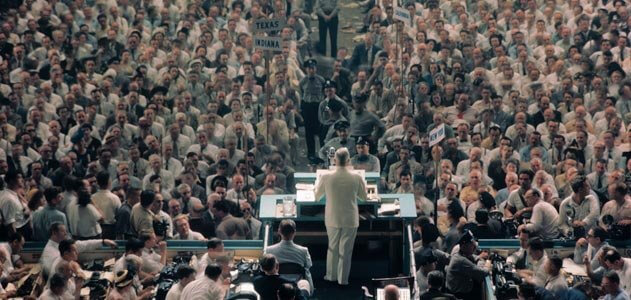
The Story of Harry S. Truman | July 25, 2016
In 1948, nearly everyone – The New York Times, LIFE Magazine and even Bess Truman – believed Harry Truman would lose the 1948 presidential election. But 68 years ago, the Democratic National Committee understood the power of branding through personal storytelling. We found the proof in the digital archives of the Harry S. Truman Library and Museum and this 1948 graphic biography of Truman’s life, published by the DNC:
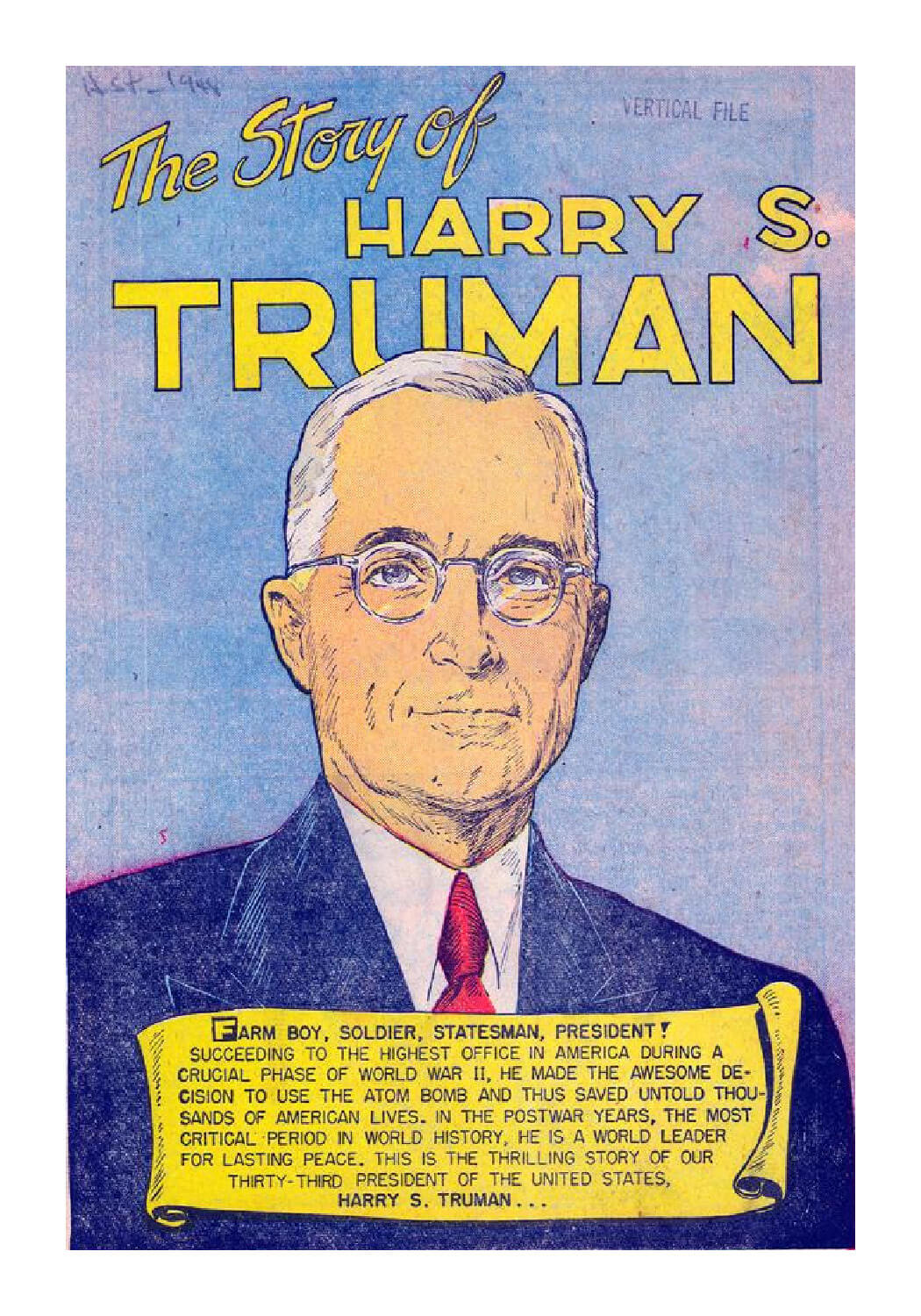
Historic Speeches | July 8, 2016
President Truman’s Address Before the NAACP
On June 29, 1947, as the first American president to address the National Association for the Advancement of Colored People (NAACP), Harry Truman pledges his support for upholding the civil rights of all Americans.
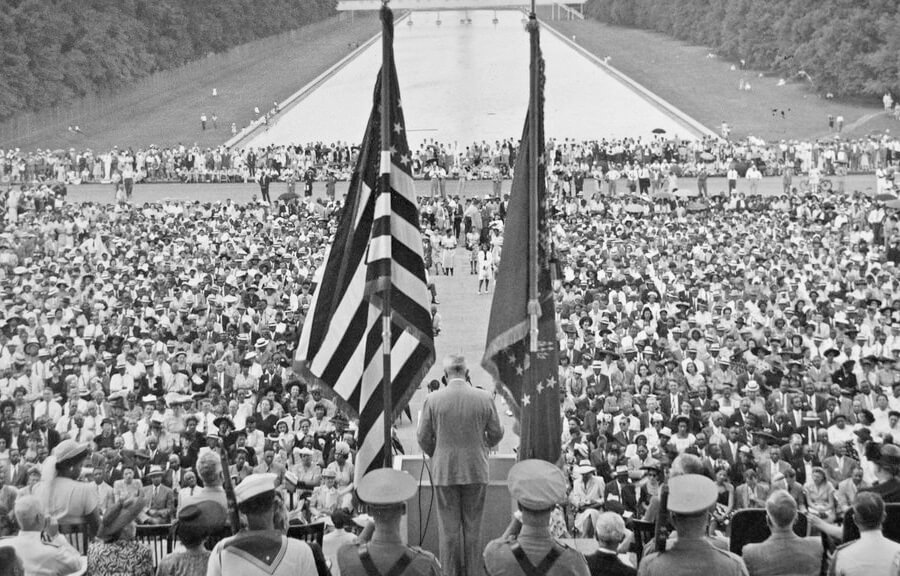
This Day In History: June 6, 1944 | June 6, 2016
THIS DAY IN HISTORY: June 6, 1944
President Roosevelt’s D-Day Prayer
In a national radio broadcast on June 6, 1944, as 160,000 Allied troops land in Normandy in an attempt to liberate France, President Franklin D. Roosevelt asks “my fellow Americans” to join him in this prayer:
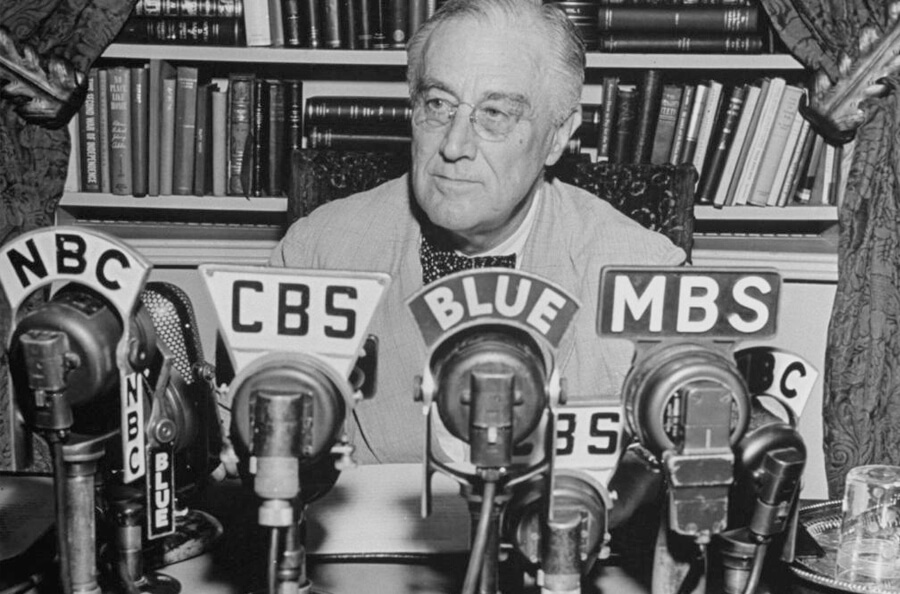
Summer Teacher Workshops | May 24, 2016
3 Powerful Summer Teacher Workshops with the Harry S. Truman Library and Museum
Five Questions for Ambassador Ross | May 14, 2016
We recently asked Dennis Ross – author of Doomed to Succeed: The U.S.- Israel Relationship from Truman to Obama – for his view on President Truman’s role in the founding of Israel in 1948. Read More
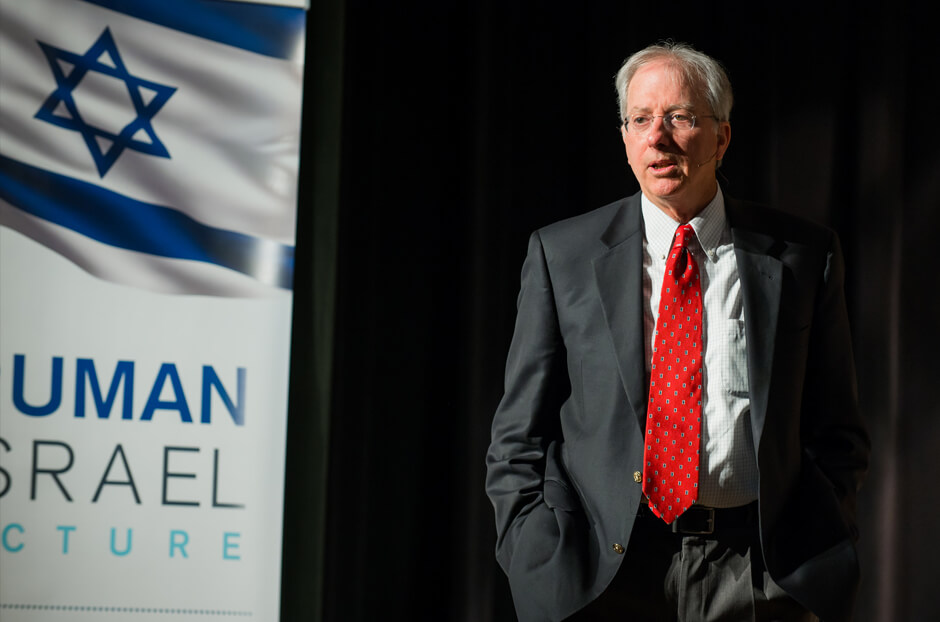
TRU Story: Mother’s Day Story from Clifton Truman Daniel | May 5, 2016
In honor of Mother’s Day, we’re posting this family story shared by Clifton Truman Daniel at Wild About Harry 2012. Clifton is the oldest grandchild of Harry and Bess Truman and the honorary chairman of the Truman Library institute. Read More
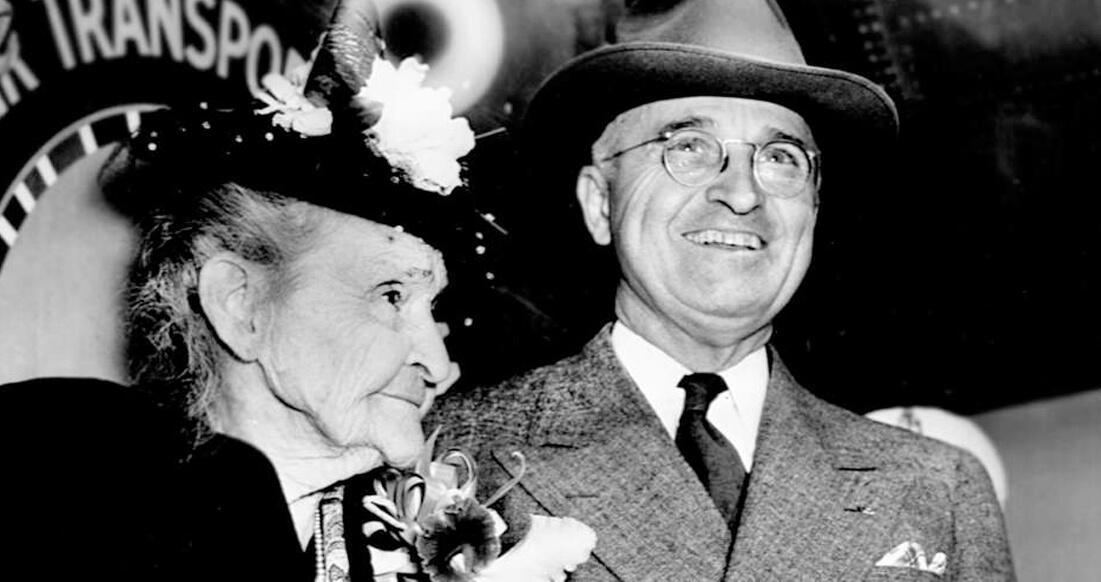
This Day in History: Truman Dismisses MacArthur | April 11, 2016
On April 11, 1951, President Truman relieved the man he once referred to as “Mr. Prima Donna, Brass Hat, Five Star MacArthur” of his commands.
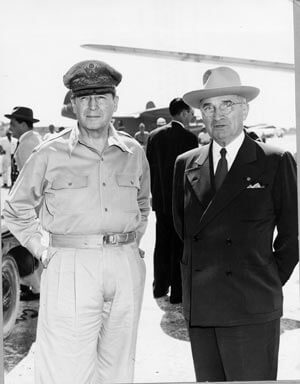
TRU Treasures | March 18, 2016
Inside the Vault
The 2016 race to the White House may be remembered as one of the strangest, most contentious presidential elections in history. That’s good news for collectors of campaign memorabilia: historic elections can turn those trinkets into treasures. Take, for instance, a 1.25-inch pin created for Harry Truman’s 1949 inauguration. Thanks to Truman’s surprise defeat of Dewey, that freebie is now selling for $750 on eBay. We saw that pin, and much more, during a recent visit to the Truman Library Collection Room. Take a look…
Read More
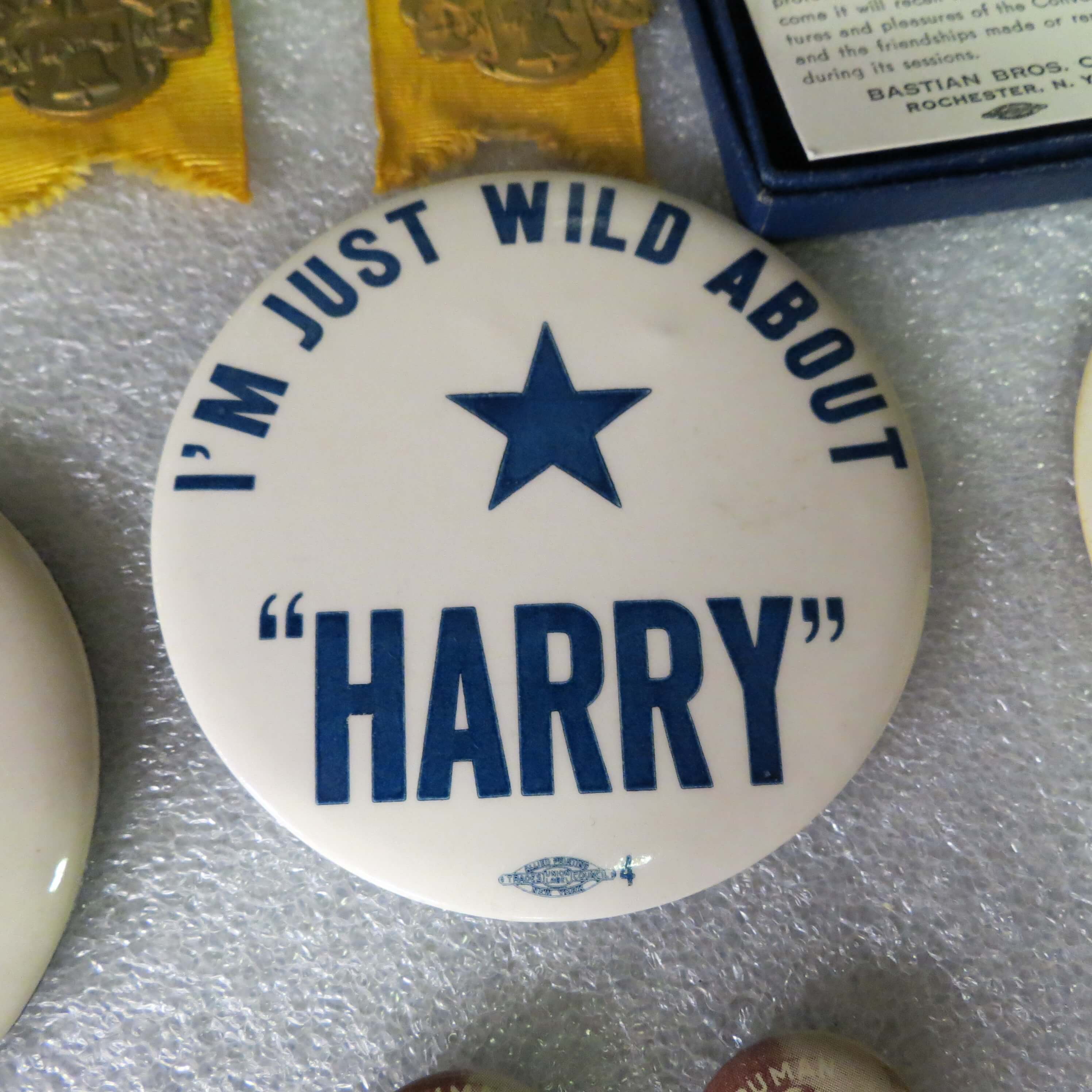
TRU Treasures | March 18, 2016
Inside the Vault
The 2016 race to the White House may be remembered as one of the strangest, most contentious presidential elections in history. That’s good news for collectors of campaign memorabilia: historic elections can turn those trinkets into treasures. Take, for instance, a 1.25-inch pin created for Harry Truman’s 1949 inauguration. Thanks to Truman’s surprise defeat of Dewey, that freebies is now selling for $750 on eBay. We saw that pin, and much more, during a recent visit to the Truman Library Collection Room. Take a look…
Read More


